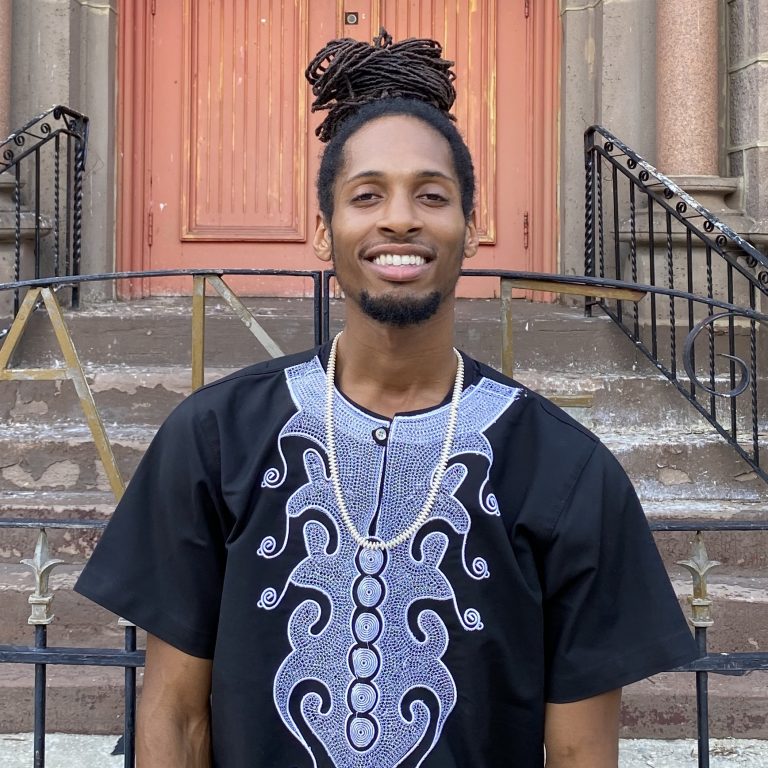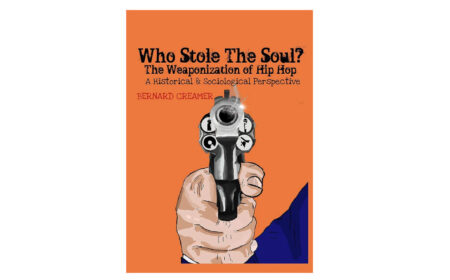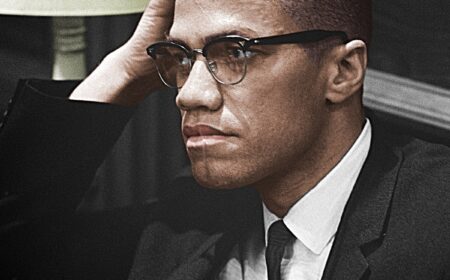Who’s On Trial for Philadelphia’s Broken Education System? | #ReparatoryJustice
By Rashaun Williams
Jan 11 2022

Philadelphia is home to one of six school districts failing to equitably manage property tax monies and appropriately support public schools in the state of Pennsylvania. Falling short $5,583 in sufficient spending per student, Philadelphia ranks 473rd out of the 499 districts in the state. Philadelphia’s Superintendent of Schools, Dr. William Hite, testified in Commonwealth Court on January 11th, and is quoted stating that with Philadelphia being the poorest big city in the country, and has larger numbers of young people who don’t have access to early childhood services and who aren’t on grade level, those experiencing trauma, homelessness, are new to the country, have special needs, and those who need additional resources. With 65% of district students labeled “economically disadvantaged,” and the current standards of education not providing accurate indicators of what students are actually learning in schools as they consistently score significantly lower than the state average on standardized tests, it’s time that elected officials identify where Philadelphia’s funding for public schools is actually going and provide real solutions to its broken and outdated education system…
The School District of Philadelphia closed 6 schools in 2012, and 24 schools in 2013 while dealing with a $1.5 billion budget deficit. The school district has yet to recover from the 3,783 layoffs of that 2013 year, and with COVID-19 only making staff shortages worse, the pandemic of the last two years has only exacerbated the issue of staffing and poor eduction for children. Not only did the district fail to adequately provide timely online schooling to students after officially quarantining on March 16th of 2020, Philadelphia law enforcement and municipal services suspended services on March 17th of 2020, leading to increases in crime and decreases in social services and academic resources for children.
In March of 2019, the Philadelphia Parking Authority passed a 2020 budget to give over $14 million to the Philadelphia School District with a 2% increase in payroll costs. Today, the Philadelphia School district owes the Philadelphia Parking Authority $11.3 million dollars. Without knowing who is responsible for the mismanagement of funds or how the debts and deficits are to be balanced, it’s about time Philadelphia legislators and officials address and correct these social and economic injustices. Making a more concerted effort to engage the public in resolving the city’s history of inequities, including discrimination and racism, Philadelphians need the city’s leadership to not only strengthen the communication and collaboration between their communities and their schools, but work to strengthen community investment so that community infrastructures support schools. This includes thinking critically about strengthening food security, providing more social services, building and supporting localized and community led business districts, and so much more.
With Philadelphia being designated a World Heritage City, political savvy would tell legislators to invest into public schools with the same level of investment made by its colleges and universities. Philadelphia public school students deserve more, not from only from an ethical standpoint but a legal one. If given the chance, Philadelphia public school students could be the change that brings wealth back into their communities through an ecosystem created between them and the 62 colleges, universities, and technical schools that surround them. Instead, PHL communities, Black communities in particular, experience the highest rates of poverty with the highest concentration of businesses and investment from those outside of their community. That includes their convenience stores, gas stations, small restaurants, laundry facilities and various other business that are owned and operated by non-native and non-Black Philadelphians in their Black communities. Additionally, these native Philadelphians don’t experience tax breaks from the businesses or universities in their communities where the many businesses that develop in their communities do. More often than not, native Philadelphians’ taxes increase as a result. These systems do not seem to benefit the everyday Philadelphian. There are only 12.1 businesses per 1,000 residents in Philadelphia, as compared to other cities like Atlanta and New York which have over 20 businesses per 1,000 residents, and Boston and Washington which have over 15 businesses per 1,000 residents. With Philadelphia having the largest Black population of these cities, it had 1.8 businesses per 1,000 Black resident, the lowest number of Black-owned businesses per capita in 2018. Without accounting for the pandemic’s effect on these numbers, the Black per businesses per Black resident in Philadelphia may be lower than this. This can provide a closer look into how and why Philadelphia’s public schools are so underfunded, improperly resourced, short staffed, and misrepresented.
Philadelphians deserve to know where their tax dollars and public dollars are going. Legislators need to be held accountable for creating and implementing systems of accountability and transparency to monitor, responsibly manage, and disclose the use of public funds and depositories. Philadelphians deserve to decide how their schools should be lead and how those schools may lead their children. Philadelphians deserve a system of education that pipeline students from schools to the professional world, especially with Philadelphia garnering the technological innovations, new businesses, and international traffic that it does. Philadelphians deserve to have their schools support various extra-curricular activities, arts programs, physical education and general electives so that children stay creative, emotionally expressive and mentally healthy, physically fit, and socially thriving. Philadelphia parents and caregivers deserve to know that their children are safe and properly educated in their neighborhood schools. Philadelphia parents and caregivers deserve be equipped with the tools they need to both understand and support their child’s learning at home and in school, and be connected to additional programs, resources, services, and opportunities that grow their ability to live and lead healthier lives. Philadelphia parents deserve to know how their children’s teachers are meeting standards and making benchmarks in the classroom. Philadelphia children deserve to be provided an education that actually prepares them for the real world. Philadelphians deserve a plan to repair the city’s broken education ecosystem. Philadelphians deserve reparatory justice.
– Rashaun William

Read more at: https://ncobraphl.org/author/ncobraphl/





Comment (1)
Omalone1
Gwiz listening to david walker appeal is excellent